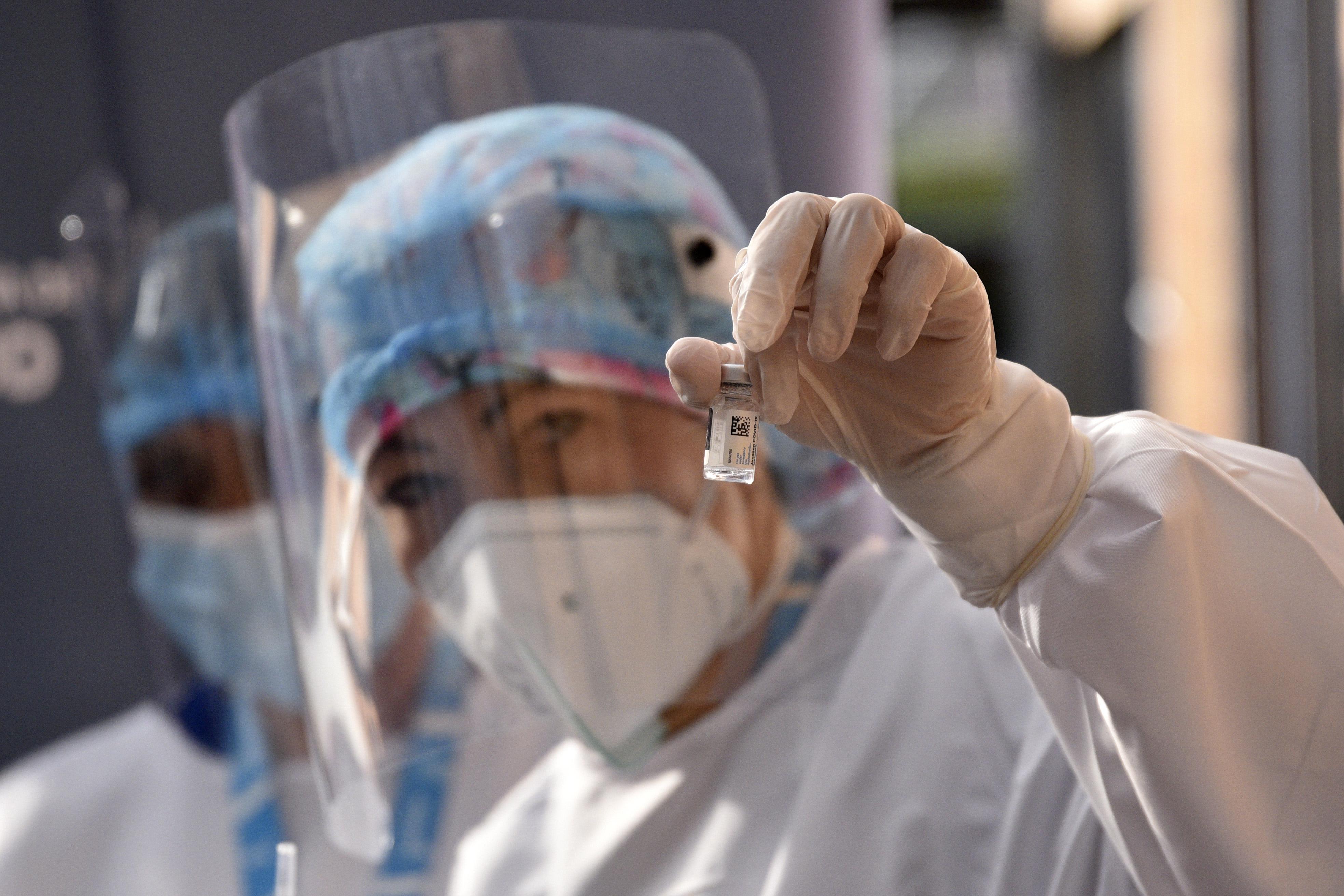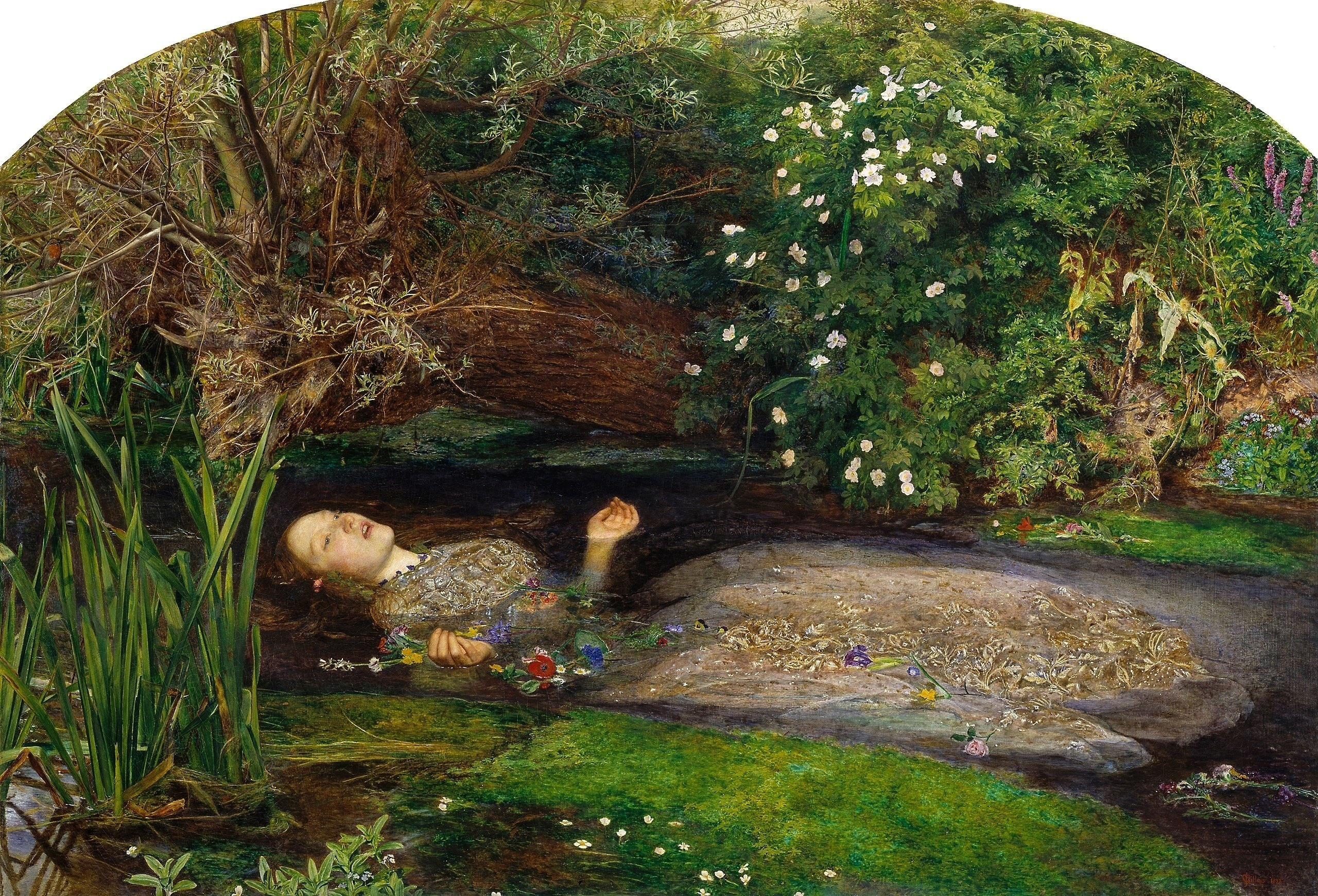Research
Gain-of-function mutation research may help predict the next pandemic — or, critics argue, cause one.
How a controversial study on psychic powers caused a revolution in psychology research.
Certain water beetles can escape from frogs after being consumed.
Researchers find an unusual property of a bacteria that can breathe in metal.
Olive oil leads to the discovery of a law that applies to atoms, superconductors, and even high energy physics.
Moving the needle forward on psychedelic research.
The first human-monkey hybrid has allegedly been created in a Chinese lab.
Future cancer research may come from studying antler growth.
What does it mean for the future of the cryptocurrency movement and its impact on the environment?
In a study that might enable earlier diagnosis, neuroscientists find abnormal brain connections that can predict onset of psychotic episodes.
Early reports show that it works, as odd as the approach may seem to some fontologists.
A new study compared cognitive boosts from running versus relaxing.
The five stages of psychogenic death — aka, “give-up-itis.”
A new study shows how reciprocal generosity can benefit you.
The most valuable college majors will prepare students for a world right out a science fiction novel.
Through computationally intensive computer simulations, researchers have discovered that “nuclear pasta,” found in the crusts of neutron stars, is the strongest material in the universe.
Overspeciliazation may be hampering progress in the context of higher education and scientific research.
The best self-directed learners use these seven habits to improve their knowledge and skills in any subject.
The researcher behind some well-known gender studies is accused of making them all up.
Recent research shows that suicidal behavior is a social contagion that spreads through families and classrooms. The good news? So does suicide prevention.
▸
5 min
—
with
Boredom has benefits. New research finds that device-free solitude deactivates high arousal emotions while reducing stress and promoting relaxation.
Since hope appears to come from a physical place in the brain, scientists are hoping to figure out how it shields the rest of the brain from negativity. Really.
80% of adults are overly optimistic about life—where does that cognitive bias come from?
▸
6 min
—
with
New research by Professor Dan Graur shows that only a quarter of the human genome is functional.
A new study looks at how to make a successful smile.
A pioneering study provides a detailed look at how the U.S. economy will suffer from climate change.
Groundbreaking research finds that the human brain creates multi-dimensional neural structures.
If you want to be a memory champion, this test is a good way to get started. Then maybe we can get a start on curing Alzheimer’s.
A recent study suggests Ph.D. students are more likely to develop common psychiatric disorders.





























